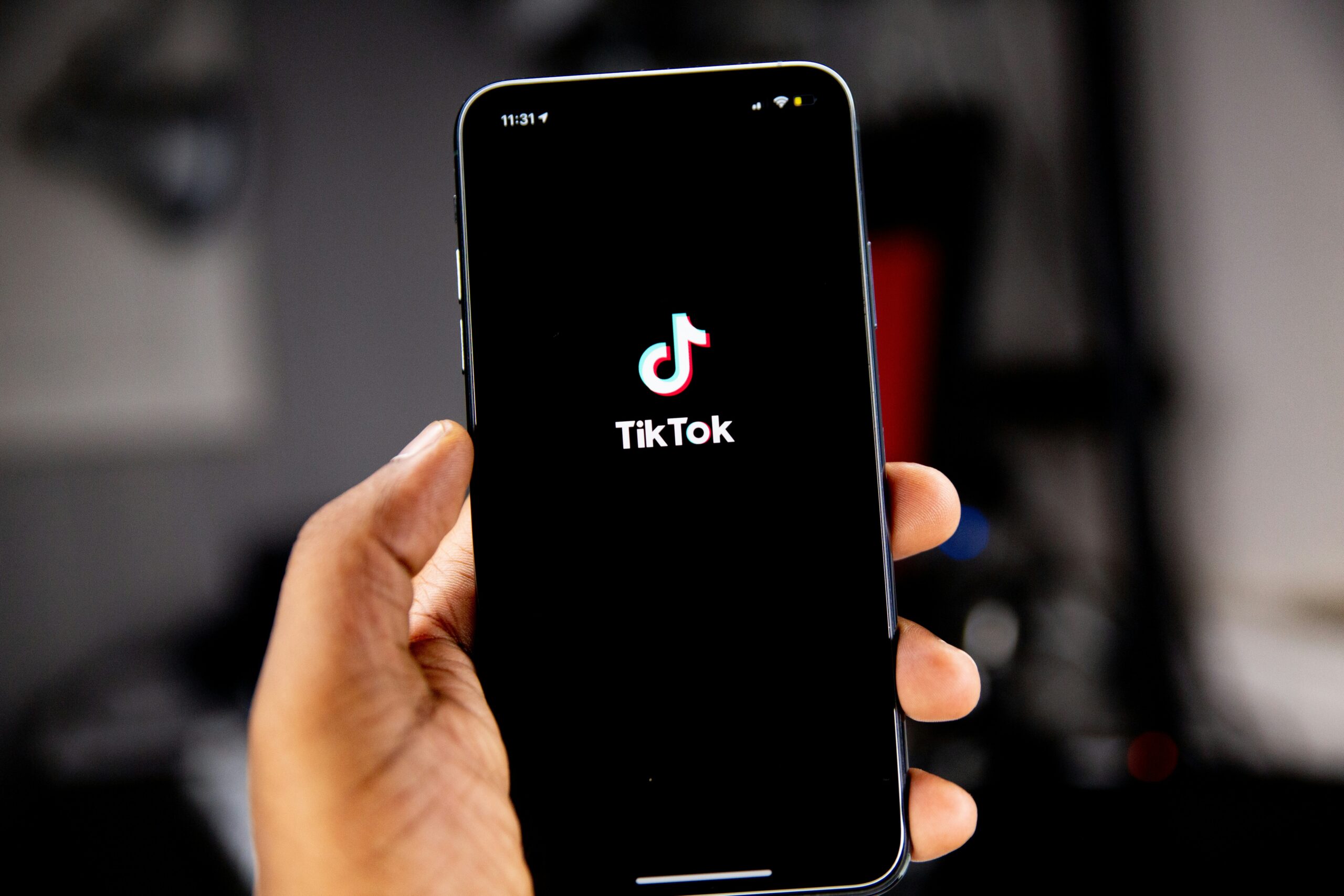In recent years, TikTok, the short-form video-sharing app, has skyrocketed in popularity among U.S. citizens, particularly among the younger demographic. However, its meteoric rise has been shadowed by increasing concerns from the U.S. government regarding data privacy and national security. This article delves into the reasons why TikTok is considered a potential threat to U.S. citizens, drawing on facts and government statements to shed light on this complex issue.
TikTok: A Brief Overview
TikTok, owned by the Chinese company ByteDance, allows users to create and share short videos. Its algorithm, which personalizes content for users, is a key feature that has contributed to its popularity. However, this same algorithm, alongside the app’s data collection practices, has raised eyebrows among U.S. officials.
The Heart of the Concern: Data Privacy and National Security
The primary concern revolves around the vast amount of data TikTok collects from its users, which includes, but is not limited to, browsing history, location data, and biometric information. The apprehension is twofold: First, the potential for this data to be accessed by the Chinese government, as Chinese laws require companies to support and cooperate with national intelligence work. Second, the fear that TikTok could be used for influence operations or to push narratives and misinformation that could threaten public security and the democratic process.
Government Actions and Statements
The U.S. government has taken several steps to mitigate these concerns. Notably, the Committee on Foreign Investment in the United States (CFIUS) has been reviewing TikTok’s operations, and there have been discussions around mandating the sale of TikTok’s U.S. operations to an American company. Additionally, various branches of the U.S. military and some states have banned TikTok on government-issued devices, citing national security risks.
TikTok’s Response and Measures
In response to these concerns, TikTok has taken measures to distance its operations from the Chinese government, including storing U.S. user data on servers located in the United States. The company has also attempted to be more transparent about its data collection and use practices, aiming to rebuild trust among its user base and U.S. officials.
The Balance of Innovation and Security
This situation underscores the broader challenge of balancing the benefits of technological innovation with the need to protect national security and citizen privacy. While TikTok offers a platform for creativity and self-expression, the potential risks it poses cannot be overlooked.
Navigating the Complex Landscape
Is TikTok really a threat to U.S. citizens? The answer is nuanced. While the app itself provides a space for creativity and connection, the concerns raised by the U.S. government highlight the complexities of global digital platforms operating in a world where data is a powerful commodity. As discussions between TikTok, its parent company ByteDance, and the U.S. government continue, the future of TikTok in the U.S. remains uncertain. Citizens and policymakers alike must navigate these complexities, weighing the benefits of digital innovation against the imperative to safeguard national security and privacy.
This factual exploration into TikTok’s potential threats to U.S. citizens reveals the intricate dance between technological advancement and the safeguarding of national interests, a theme that is likely to persist as digital platforms continue to evolve.
Feature Photo by Solen Feyissa on Unsplash


Leave a Reply